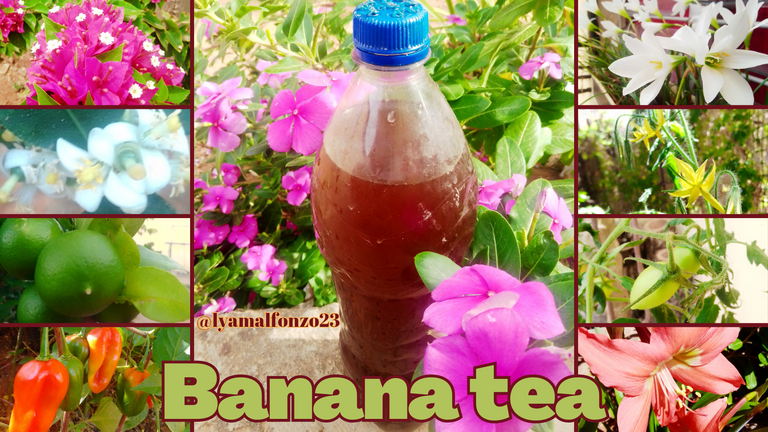
Greetings 🙋🏻♀️ dear gardening lovers and everyone in the #hivegarden community, delighted to be with you again to share this that we love so much: enjoying and growing with our vegetable garden.
As they say in my land: "what is promised is debt", I mentioned it in a previous post, and that is why today I bring you the recipe to prepare banana tea, a potent homemade fertilizer that will make your ornamental and fruit plants give the best of them and shine with beautiful flowers and strong fruits.

First I will tell you that plants need three macronutrients to grow healthy. These are: nitrogen, phosphorus and potassium. The latter is what banana tea provides. Potassium helps the plant in its flowering process and fruit production, improves its size and the sugar content in the fruits, that is why it is of vital importance to feed the plant with this nutrient.
Nitrogen is responsible for producing leaves and maintaining a good green color in plants. Phosphorus is necessary to strengthen the roots.
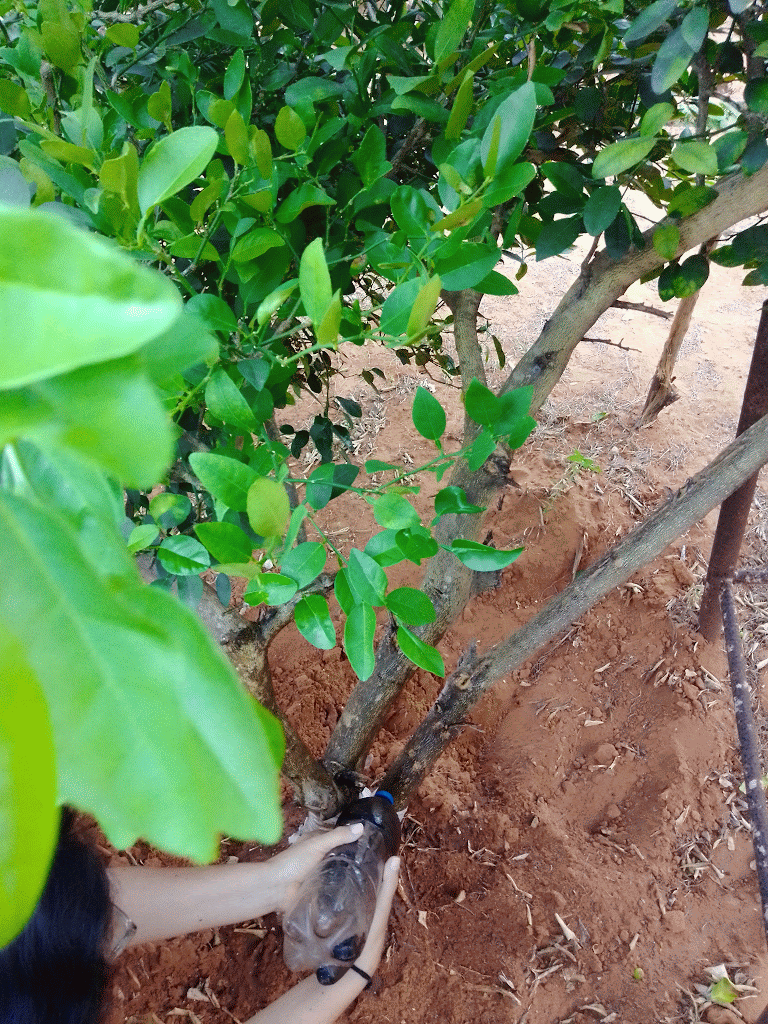
Now let's get down to business. Making plantain tea is very easy and after trying it on your bushes, you will want to water them frequently with this almost magical decoction.
For this you will need 5 ripe plantains or bananas... The best part, you eat the fruit and instead of throwing the peel into the garbage can, you turn it into a rich nutrient for your seedlings.
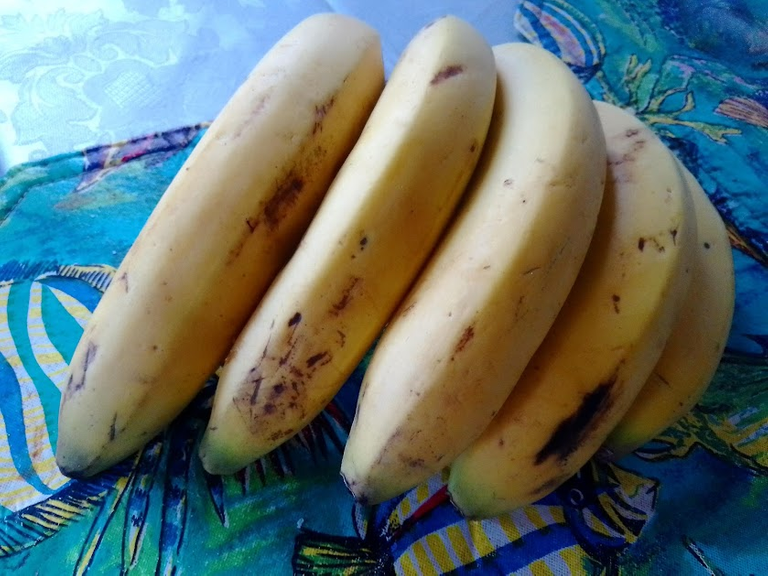
You are going to take the peels of those 5 bananas, for best results chop them into small pieces.
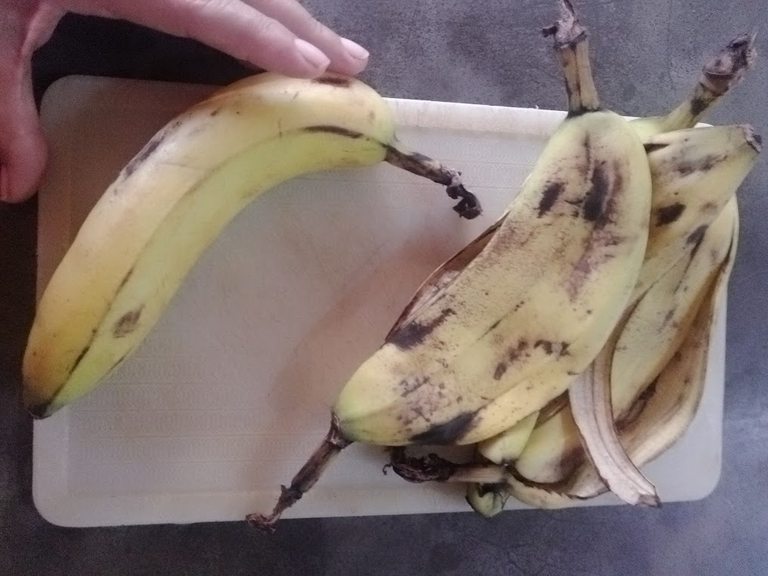
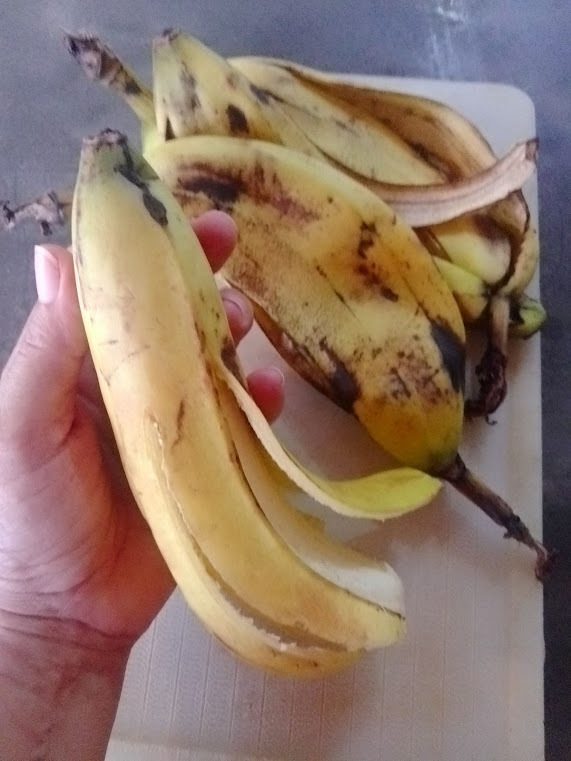 | 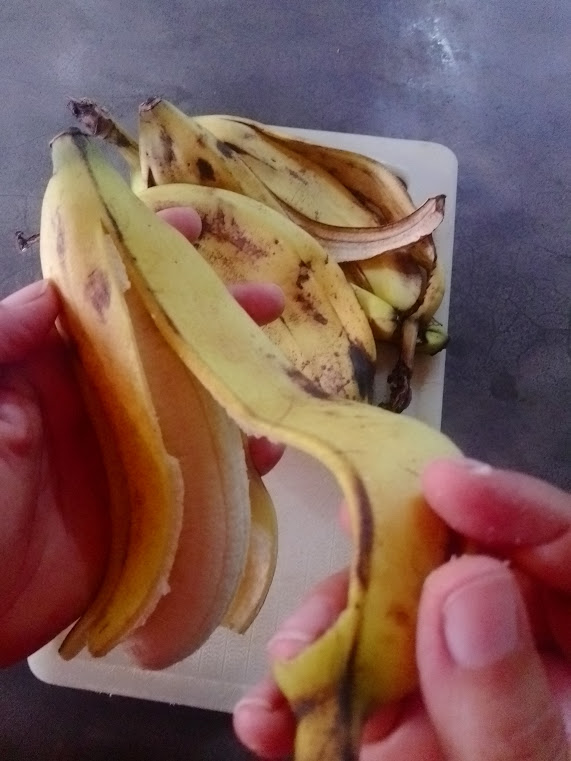 | 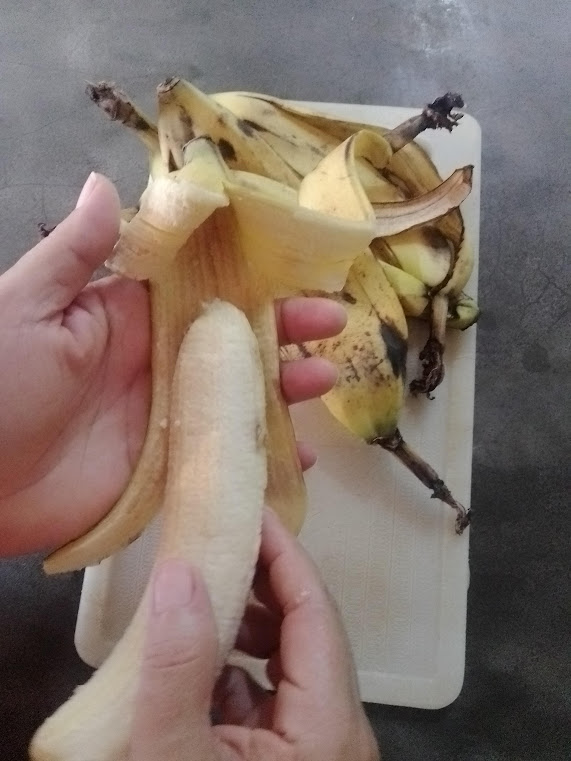 |
|---|---|---|
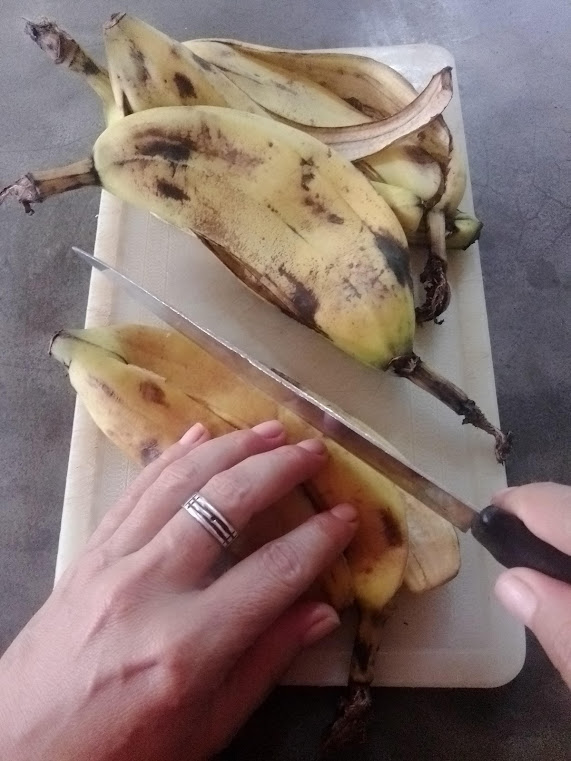 | 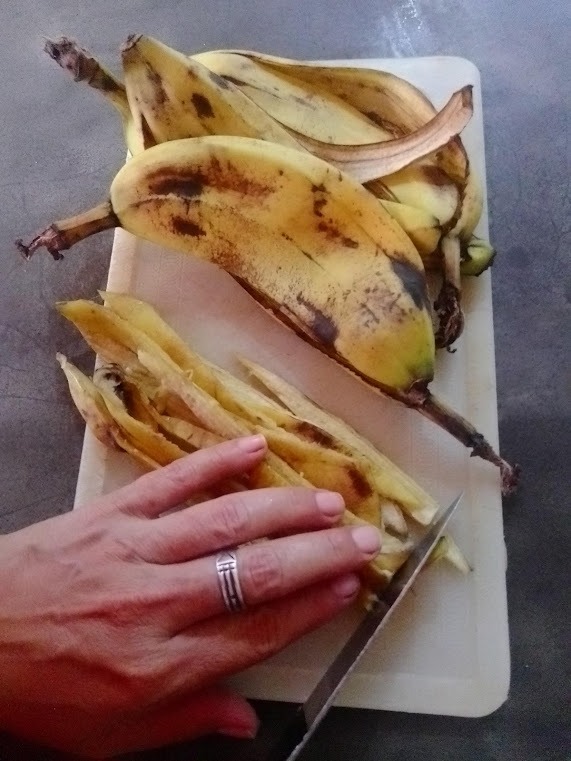 | 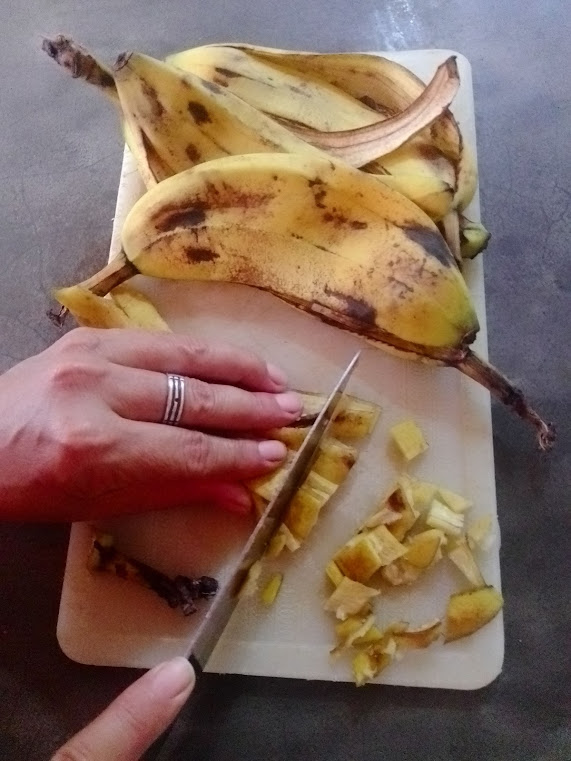 |

Then, in a pot, you take the pieces of the peels to the fire, with a liter of water, let it boil for about 15-20 minutes.
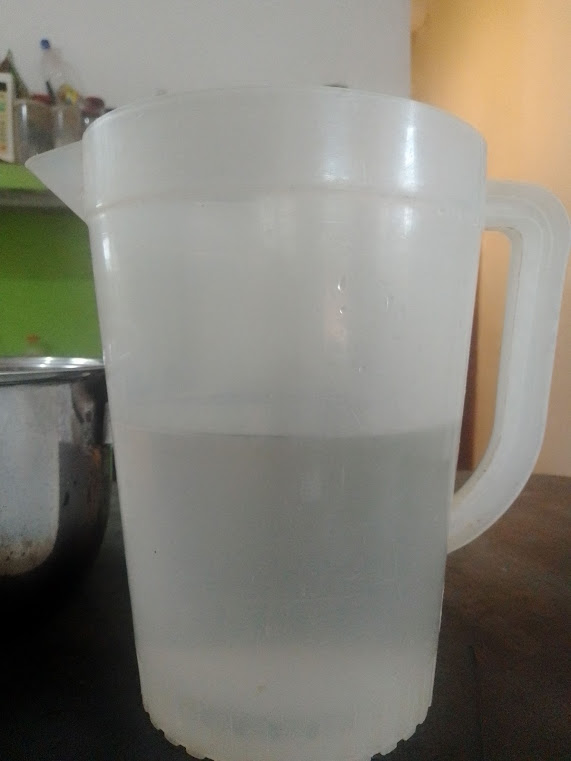 | 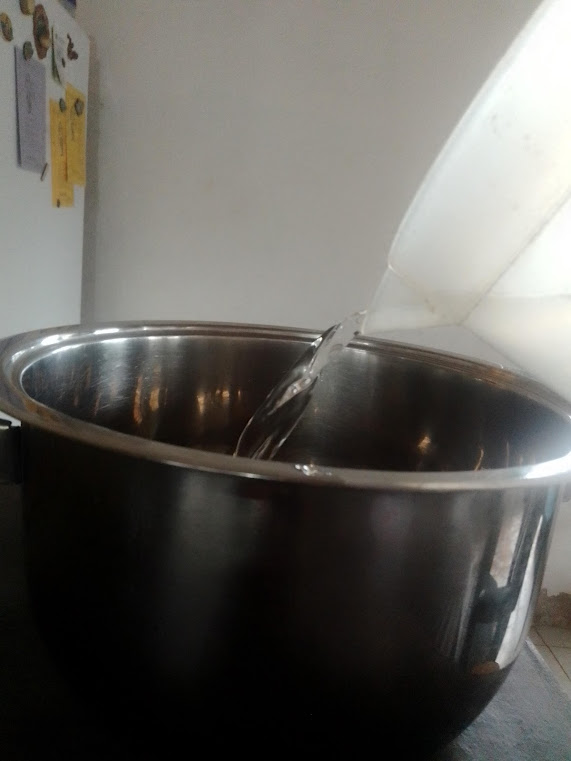 |
|---|
Once that time has elapsed, let it stand covered until it cools well. You can leave it overnight.
Then, you are going to put half a liter of plantain tea with half a liter of water, in order to complete one liter of nutrient. In other words, you will get two liters of tea per liter of plantain.
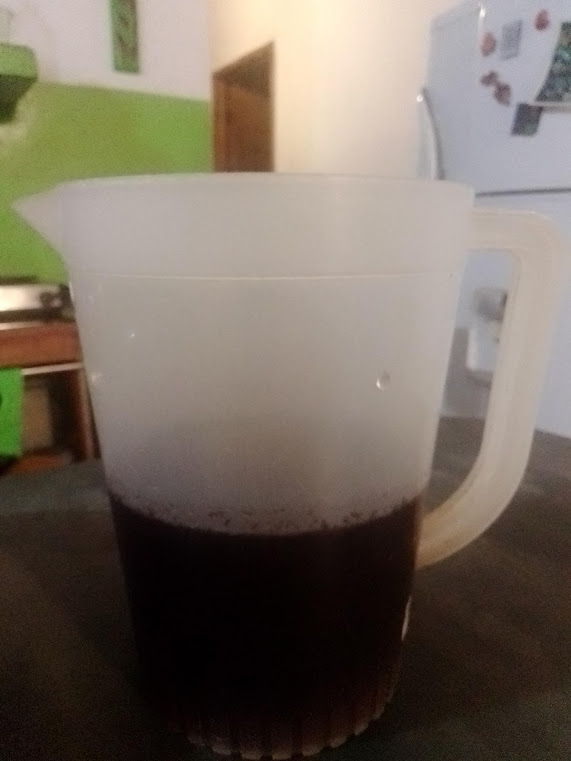 | 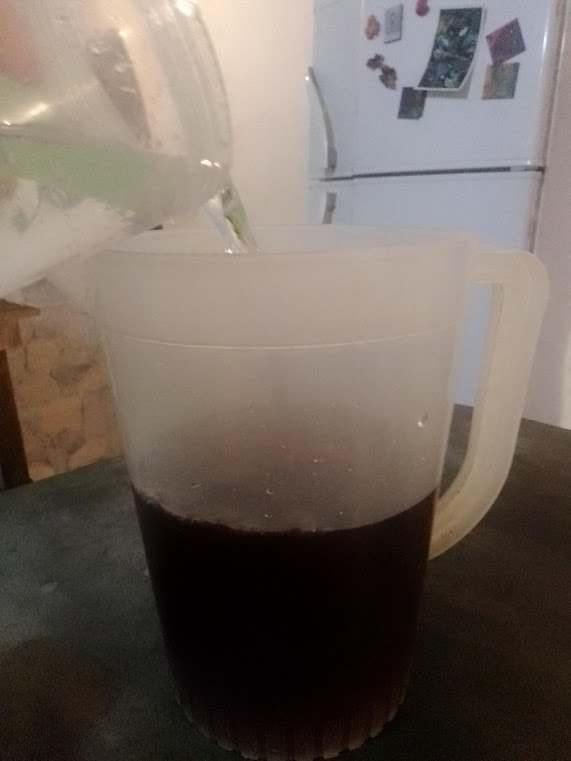 |
|---|---|
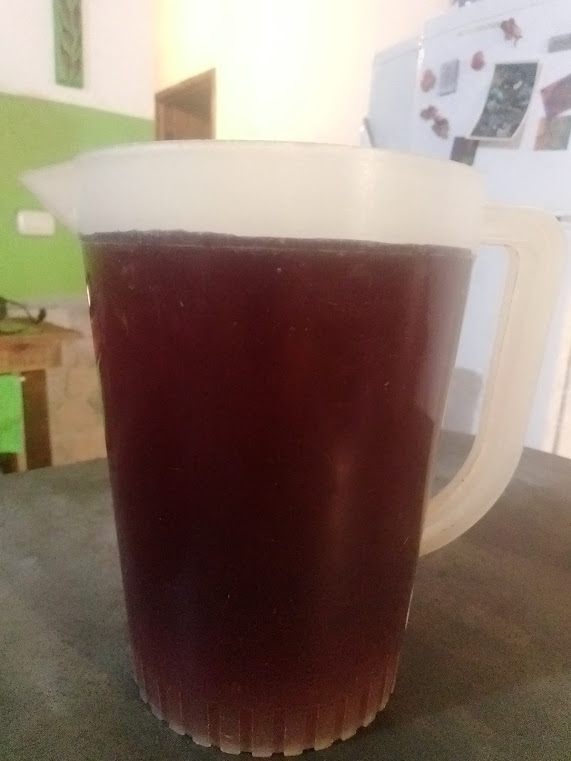 | 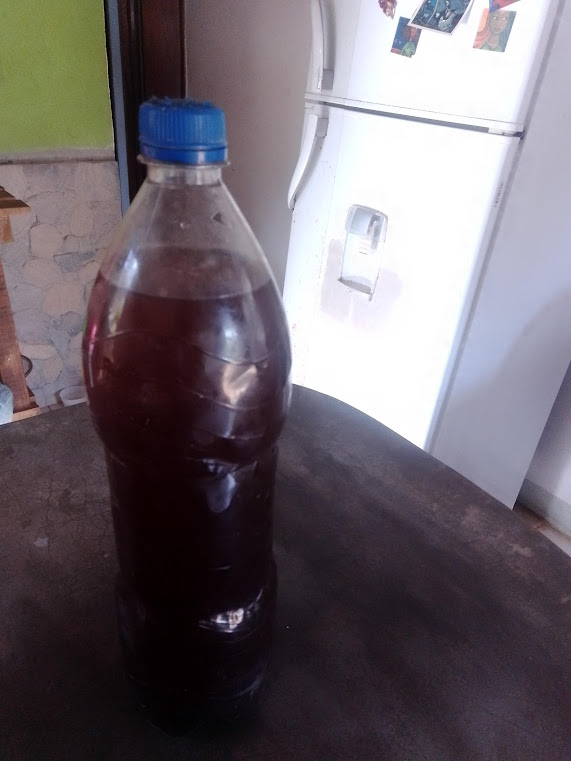 |
The recommendation is to water the bushes every 15 days with this wonderful water.
Below I show you some pictures of how my plants are after trying the plantain tea.
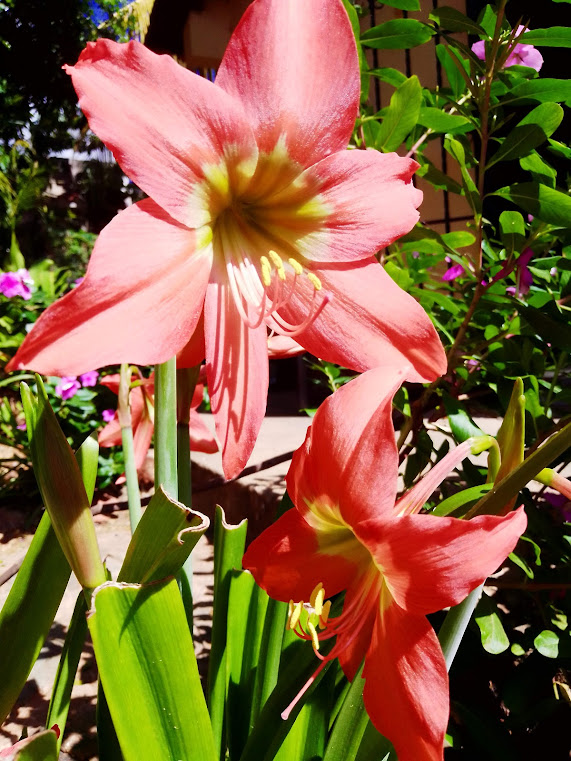 | 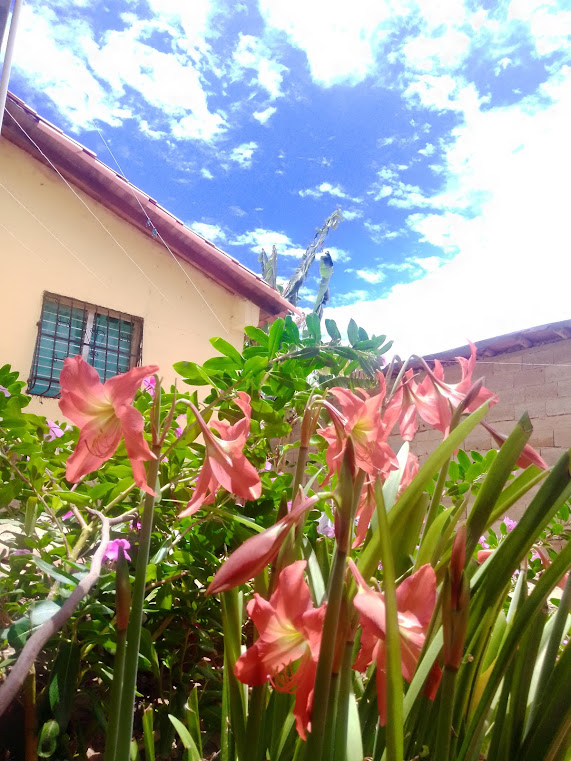 |
|---|---|
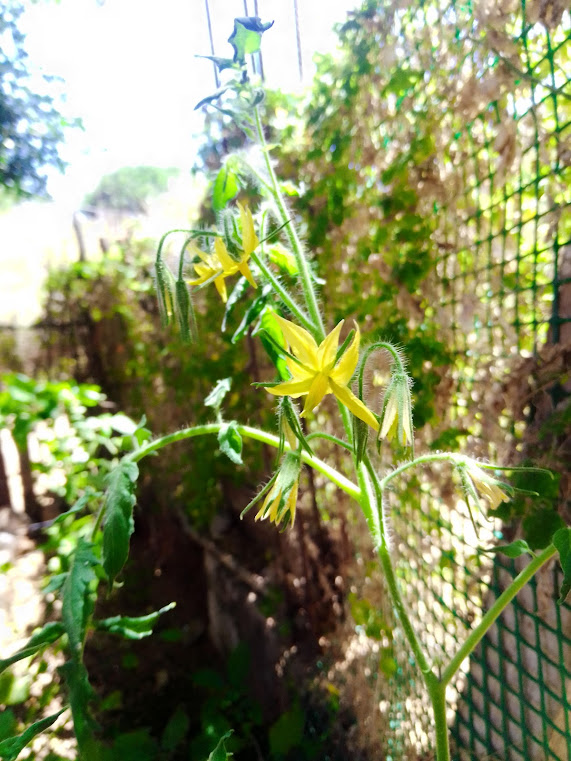 | 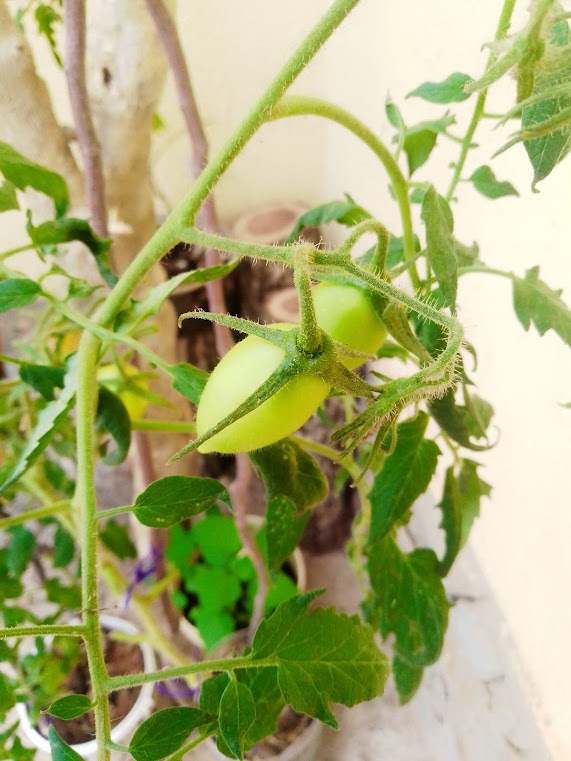 |
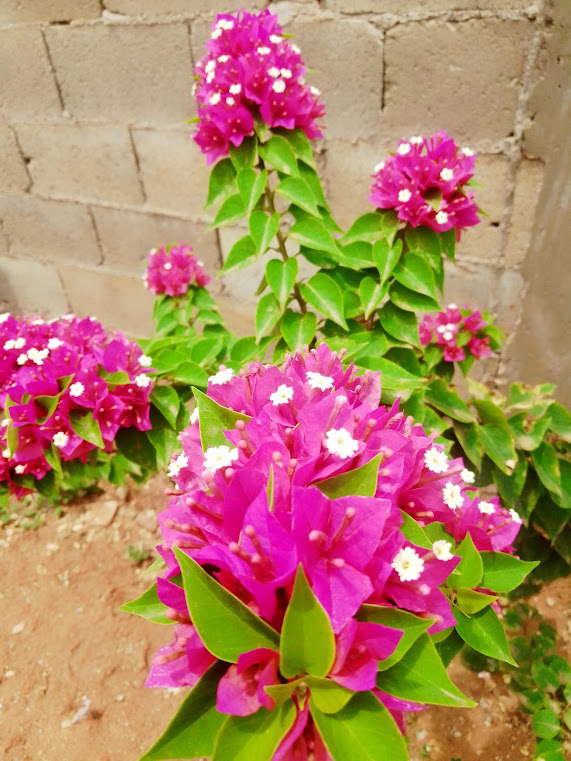 | 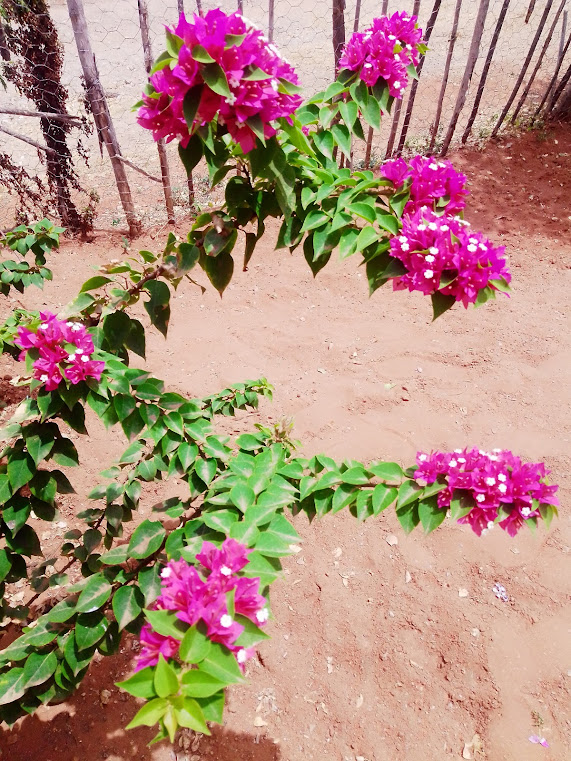 |
|---|---|
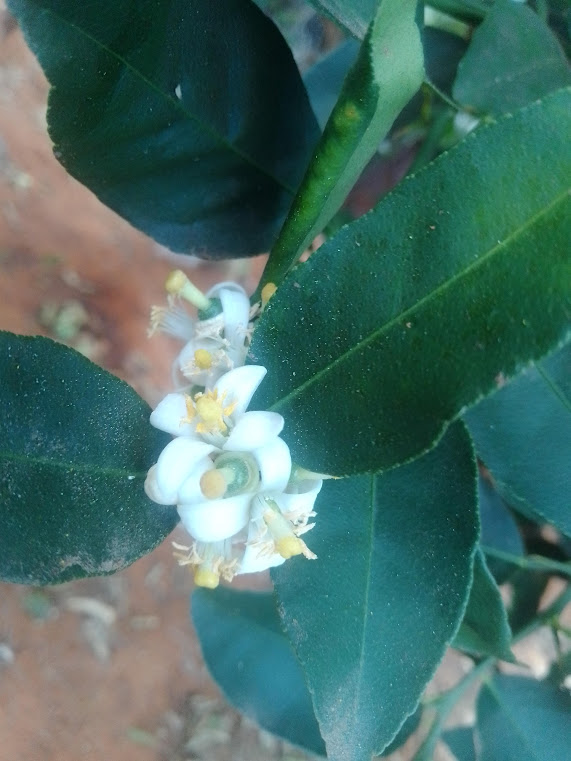 | 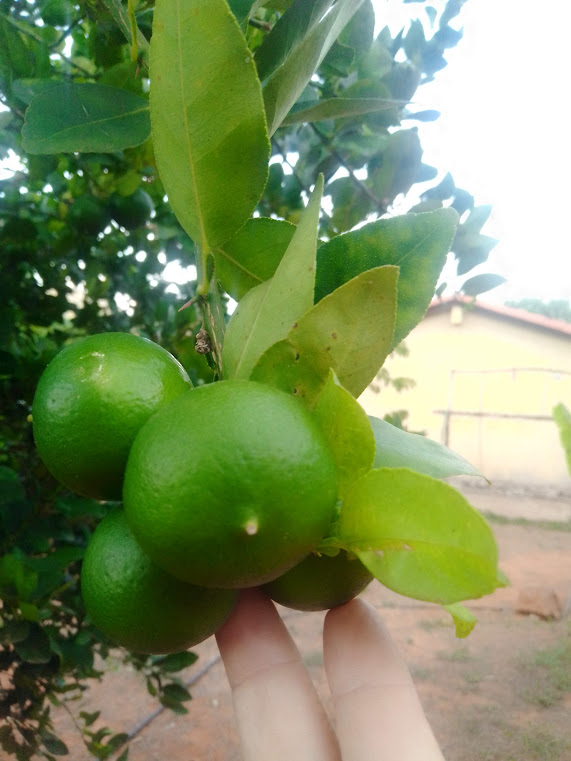 |
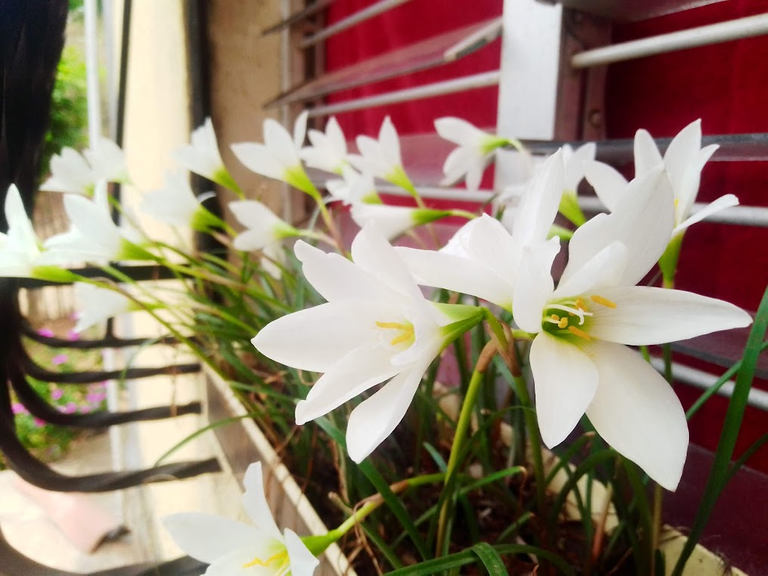 | 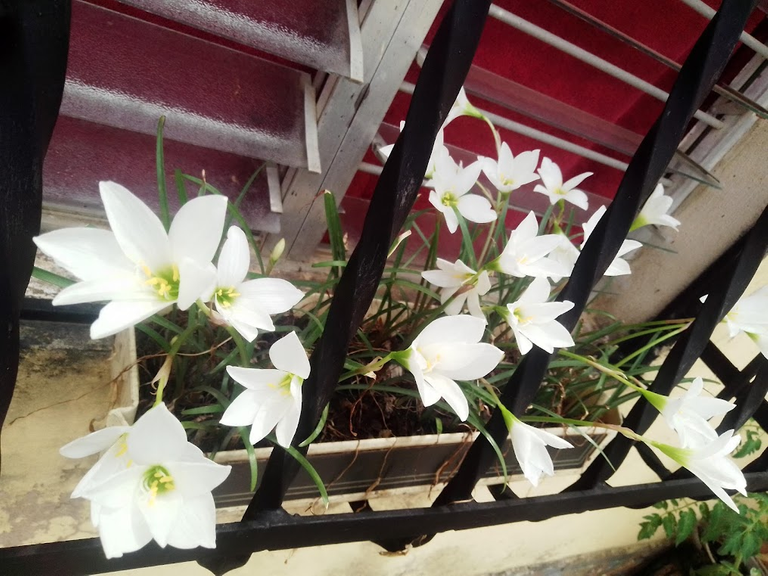 |
|---|---|
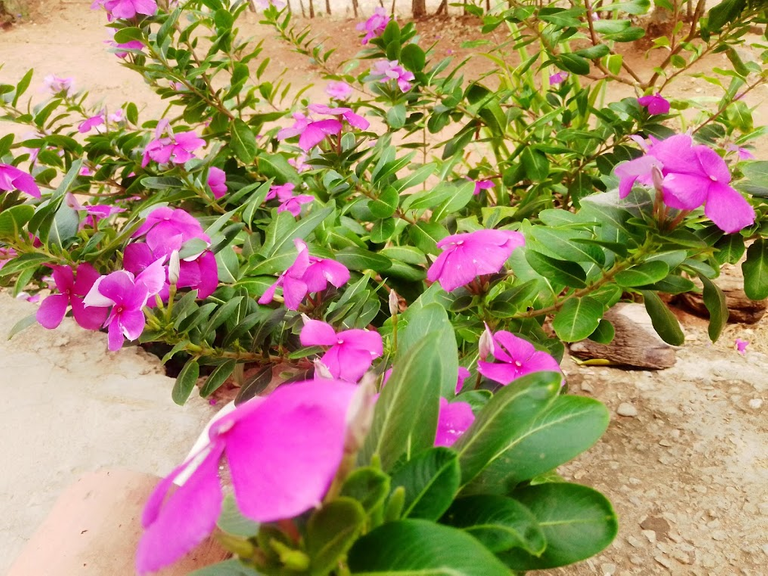 | 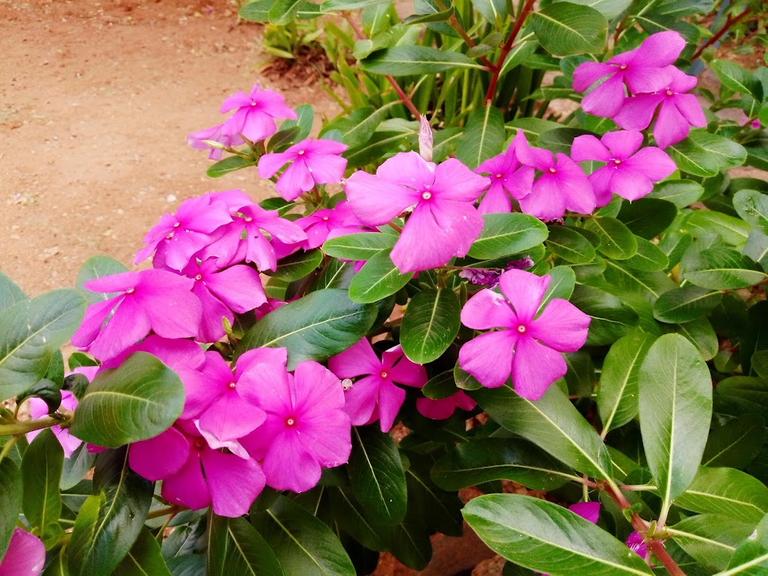 |
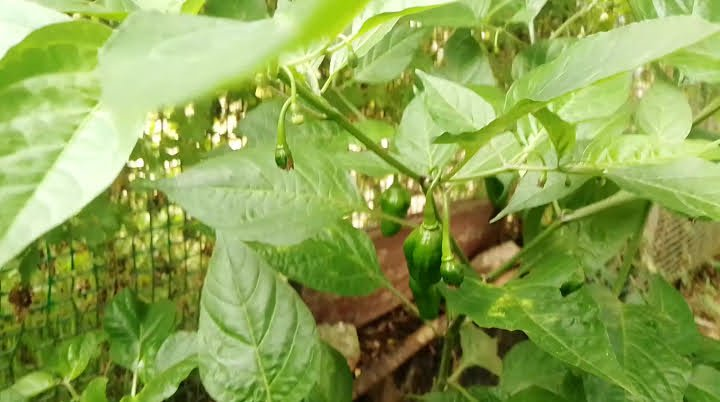
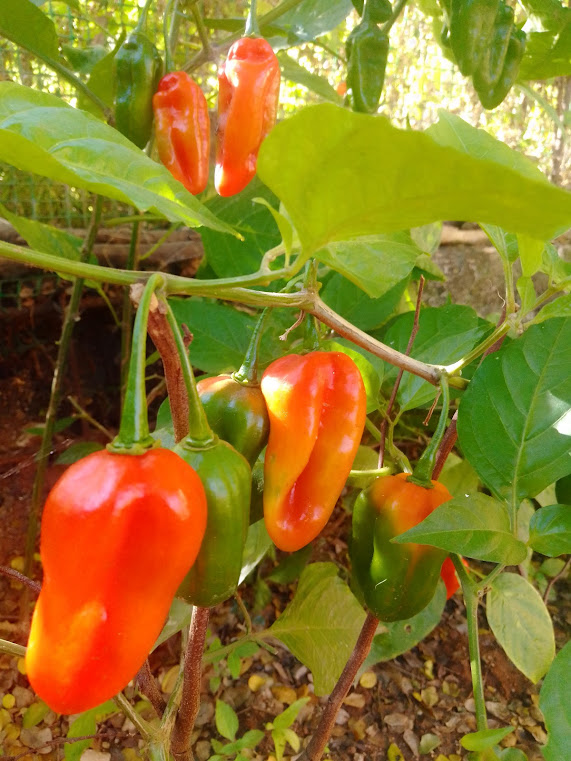 | 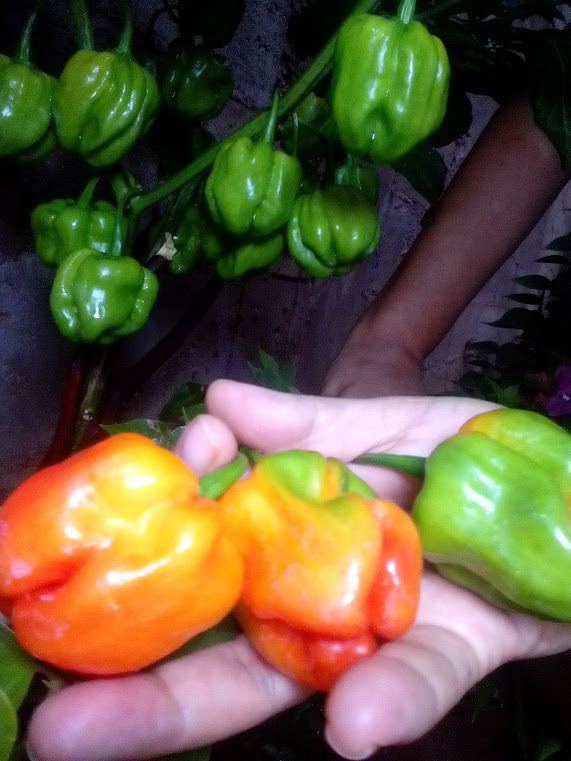 |
|---|
For now I bid you farewell, Namasté🙏🏻
All photos are my authorship, taken with the Alcatel1SE phone. Translated with DEEPL. Graphic compositions made through Canva.
ESPAÑOL
Te enseño a preparar el potente té de plátano que hará que tus matas florezcan como locas 🌺
Saludos 🙋🏻♀️ apreciados amantes de la jardinería y a todos en la comunidad #hivegarden, encantada de estar nuevamente con ustedes para compartir esto que nos gusta tanto: disfrutar y crecer con nuestra huerta.
Como dicen en mi tierra: “lo prometido es deuda”, lo mencione en un post anterior, y es por eso que hoy les traigo la receta para preparar el té de plátano, un potente fertilizante casero que hará que tus plantas ornamentales y frutales den lo mejor de ellas y se luzcan con hermosas flores y fuertes frutos.

Primero les contaré que las plantas necesitan de tres macronutrientes para crecer saludables. Estos son: nitrógeno, fósforo y potasio. Este último es el que aporta el té de plátano. El potasio ayuda a la planta en su proceso de floración y producción de frutos, mejora su tamaño y el contenido de azúcares en los frutos, es por eso que es de vital importancia alimentar a la planta con este nutriente.
Por su parte, el nitrógeno es el encargado de producir hojas y mantener un buen color verde en las plantas. Mientras que el fósforo es necesario en el fortalecimiento de las raíces.

Ahora sí, vamos al grano. Hacer té de plátano es muy fácil y luego de probarlo en tus matas, querrás regarla con frecuencia con esta decocción casi mágica.
Para ello necesitarás 5 plátanos maduros o bananos… Lo mejor, te comes el fruto y en lugar de lanzar la cáscara al pote de la basura, la convierte en un rico nutriente para tus matitas.

Vas a tomar las cáscaras de esos 5 plátanos, para obtener mejores resultados las picas en trozos pequeños.

 |  |  |
|---|---|---|
 |  |  |

Luego, en una olla, llevas los trozos de las cáscaras al fuego, con un litro de agua, se deja hervir por unos 15-20 minutos.
 |  |
|---|
Una vez transcurrido ese tiempo, la dejas reposar tapada hasta que enfríe bien. Puedes dejarla de la noche para la mañana.
Luego, vas a colocar medio litro del té de plátano junto con medio litro de agua, a fin de completar un litro del nutriente. Es decir, por el litro de cocción del plátano te van a salir dos litros de té.
 |  |
|---|---|
 |  |
La recomendación es regar las matas cada 15 días con esta agua maravillosa.
A continuación te muestro algunas fotos de cómo están mis matas luego de probar el té de plátano.
 |  |
|---|---|
 |  |
 |  |
|---|---|
 |  |
 |  |
|---|---|
 |  |

 |  |
|---|
Por ahora me despido, Namasté🙏🏻
Todas las fotos son de mi autoría, tomadas con el teléfono Alcatel1SE. Traducido con DEEPL. Composiciones gráficas realizadas a través de Canva.
Yay! 🤗
Your content has been boosted with Ecency Points
Use Ecency daily to boost your growth on platform!
Support Ecency
Vote for new Proposal
Delegate HP and earn more, by @lyamalfonzo23.
Thank you @ecency 🙏🏻
Oh, cool! I've been using banana skins in with the tomatoes for a while and it really works. Love this instructional post!
Thanks @riverflows I love that you love the post. And the best part is that it actually works. It's amazing how the plants bloom abundantly.
And even better that it's free and organic too!
That's right, it's simple to prepare, saves money and is guaranteed to work for flowering plants and strengthen their fruits.
I've never heard of this, but it looks really good and useful. My only problem is that all the bananas are imported here and there's a chance they are treated with chemicals to resist more or to ripe faster, so you can't trust them. The organic one is too expensive. However, I love what you do. It's recycling, reusing as well. Smart.
Greetings @erikah 🙋🏻♀️ I am glad to let you know this information, it is very good and useful. I'm sorry about that problem with imported bananas, you certainly can't trust them. I love what we do at home with banana peels.
Genial! Voy a probarlo con mis plantas, sobre todo con mi tomatera que últimamente no ha querido dar más frutos.
Hola @coquicoin 🙋🏻♀️ Recuerda también podarlas desde abajo, que las hojas no hagan contacto con el suelo, por aquello de los bichitos que puedan subirse a la planta, y corta los chupones (ramas nuevas que nacen entre las ramas principales del tallo), para que toda la energía de la planta se concentre en florear y dar frutos, en vez de centrarse en alimentar esas nuevas ramitas o chupones.
Congratulations @lyamalfonzo23! You have completed the following achievement on the Hive blockchain And have been rewarded with New badge(s)
Your next target is to reach 300 comments.
You can view your badges on your board and compare yourself to others in the Ranking
If you no longer want to receive notifications, reply to this comment with the word
STOPTo support your work, I also upvoted your post!
Check out our last posts: